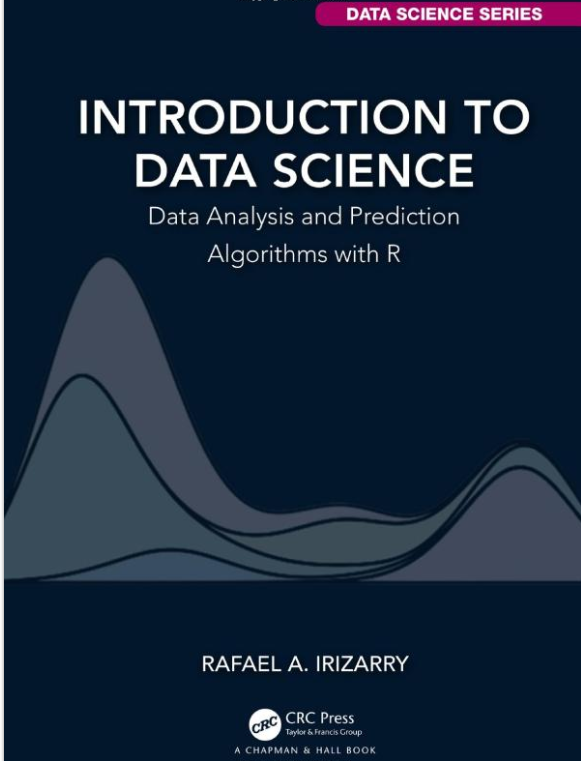I am looking to fill two positions at the Big Data Institute, Nuffield Department of Population Health, University of Oxford: a Data Scientist in Public Health Epidemiology and a Postdoctoral Researcher in Statistical Methods.
The Big Data Institute (BDI) is an interdisciplinary research centre that develops, evaluates and deploys efficient methods for acquiring and analysing biomedical data at scale and for exploiting the opportunities arising from such studies. The Nuffield Department of Population Health (NDPH), a key partner in the BDI, contains world-renowned population health research groups and is an excellent environment for multi-disciplinary teaching and research.
The role of the Data Scientist in Public Health Epidemiology is to help pilot a project developing systems for continuous record linkage between a large Public Health England (PHE) data source and other population health records, with the aim of facilitating research into infectious diseases.
The post holder will manage and develop record linkage algorithms comparing records with relational databases containing health records via appropriate anonymization protocols, and manage and develop systems for identifying incoming records of interest, for near-real time updating of SQL databases, and for issuing email and SMS alerts in response to these events. The responsibilities will also include contributing to large-scale statistical studies using public health records to investigate disease epidemiology, and analysing and interpreting results, reviewing and refining working hypotheses, writing reports and presenting findings to colleagues.
To be considered, applicants will hold a degree in Computer Science, Data Science, Statistics, or another relevant subject with a strong quantitative component, or have equivalent experience. They will also need an understanding of relational database construction and SQL queries, experience coding in at least one common programming language (e.g. C#, Java, Python) and good interpersonal skills with the ability to work closely with others as part of a team, while taking personal responsibility for assigned tasks.
The role of the Postdoctoral Researcher in Statistical Methods is to develop statistical methods based on the harmonic mean p-value (HMP) approach. The HMP bridges classical and Bayesian approaches to model-averaged hypothesis testing, with applications to very large-scale data analysis problems in biomedical science.
The post holder will join a team with expertise in statistical inference, population genetics, genomics, evolution, epidemiology and infectious disease. The responsibilities will include developing statistical methods based on the HMP, undertaking research under the direction of the principal investigator, helping with supervision within the project as required, driving forward manuscripts for publication in collaboration with group members and disseminating results through other means such as academic conferences.
To be considered, applicants will hold, or be close to completion of, a PhD/DPhil involving statistical methods development and a track record of publication-quality methods development in statistical theory or methods development. The ability to work independently in pursuing the goals of an agreed research plan and excellent interpersonal skills and the ability to work closely with others as a team are also essential.
The closing date for both positions is noon on the 5th May 2021. Only applications received through the online system will be considered:
 Introduction to Data Science, by Harvard biostatistics professor Rafael A. Irizarry, is an open source book that provides, as you might have guessed, an introduction to data science:
Introduction to Data Science, by Harvard biostatistics professor Rafael A. Irizarry, is an open source book that provides, as you might have guessed, an introduction to data science: